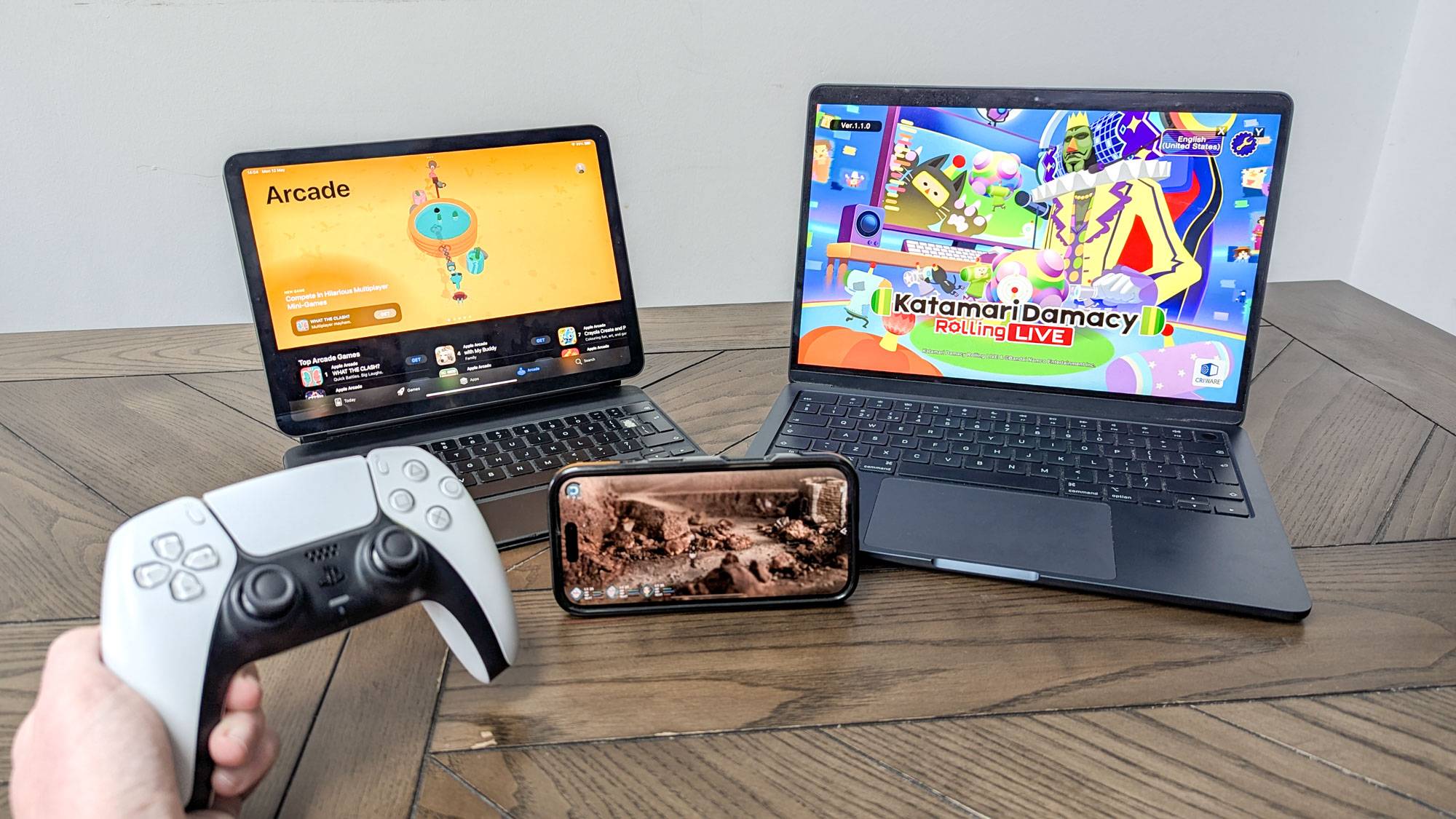
Artificial intelligence has changed my business entirely. The majority of my business is ecommerce-based, and AI has allowed me to automate many of the most time-consuming tasks. This shift hasn’t just saved me time; it’s made daily operations more efficient and enabled smarter, data-driven decisions that have elevated both productivity and customer satisfaction. In the early days, I spent nearly every waking hour creating products and listing them online. Every process was manual — from product descriptions to market research — and if I wasn’t actively working, nothing moved forward.
But once I began incorporating AI into my workflow, everything changed. By automating some of the most time-consuming and repetitive tasks, I suddenly found myself with hours of free time each week. At first, it felt strange — almost unsettling — to no longer be chained to my desk for 10 hours a day. This raised a new and surprisingly tricky question: What should I do with this extra time?
I quickly realized that I wasn’t alone in facing this dilemma. As AI and automation become more common, many entrepreneurs and business owners will find themselves in the same situation. Once your most tedious processes are handled automatically, how should you invest the hours you’ve reclaimed?
When the time savings first hit, my instinct was to keep the momentum going by diving deeper into automation. I figured the best way to occupy myself was to learn more about artificial intelligence systems that could help automate my business even more. Meanwhile, all I was reading online was talking about how the AI revolution was occurring now, and to be successful, one must adapt and understand AI. I was constantly consuming new information, but wasn’t giving myself the mental space to process it. The quality of my learning declined, and my creativity began to plummet.
Related: 5 Practical Ways Entrepreneurs Can Add AI to Their Toolkit Today
It was a hard truth to swallow: You can only work so hard and absorb so much information in a day before your effectiveness starts to drop.
At that point, I made a conscious decision to try something different. Instead of spending all my newfound time chasing more efficiencies, I decided to invest a portion of it into myself — outside the world of technology and business.
I returned to activities that had once brought me joy but had been pushed aside by the demands of my business. I started going to the gym, which I hadn’t been doing consistently since college. I downloaded Apple Fitness and started using its guided meditations. I also started playing guitar in the evenings and making much more time for spending time with friends and family.
The impact was immediate and unexpected. My stress levels dropped, my energy increased and I felt a sense of balance that I hadn’t experienced in years. Most surprisingly, my work performance improved dramatically.
When I allowed myself to slow down, my productivity at work didn’t shrink; it grew. With a clearer mind and a healthier body, I was able to focus for more extended periods, think more creatively and approach challenges with a calmer, more strategic mindset.
Simple changes made a difference:
Morning exercise gave me more energy throughout the day.
Meditation helped me approach business decisions with a clearer head.
Time with friends reminded me there’s more to life than my business.
This wasn’t just about feeling better personally — it had a direct, measurable effect on my business. I made better decisions, communicated more effectively with clients and partners and spotted opportunities I might have missed when I was too buried in the grind.
Many entrepreneurs pride themselves on living and breathing their work. That dedication can produce great results — but it can also lead to burnout, tunnel vision and declining performance over time.
Automation offers us a rare opportunity, not just to get more done, but to create space in our lives for things that make us better humans and better leaders. Taking time to step away from constant work is not laziness — it’s a strategy for long-term success.
Related: Are You Using AI Effectively — or Are You Wasting Its Potential? Ask Yourself These 5 Questions to Find Out
How to manage your newfound free time
When I started going back to the gym, meeting with friends, taking time off during lunch to take a walk outside and getting some sunlight, I felt much better and found that my creativity was coming back, as well as my ability to work with a clear head. Taking time to work on myself outside of my business has had a profoundly positive impact on me, both professionally and personally.
Here’s the balance I’ve found works best:
Dedicate part of your extra time to learning new tools, strategies or skills — but keep it intentional. Focus on areas that will directly move your business or personal goals forward.
Physical and mental health is a business investment. Regular exercise, quality sleep and time outdoors will give you energy and mental clarity that directly benefit your work.
Pursue your hobbies or revisit ones you used to enjoy.
Creative outlets — whether that’s music, art, cooking or something else entirely — can recharge your brain and make you a more well-rounded thinker.
Relationships take work and time; focus on continually growing and improving them.
Strong personal connections improve resilience, reduce stress and can even lead to unexpected opportunities.
Related: Why Smart Entrepreneurs Let AI Do the Heavy Business Lifting
AI and automation are not just productivity tools — they are lifestyle-changing technologies. The real opportunity isn’t just in what they help you accomplish in your business, but in the freedom they give you to live better.
The hours you reclaim are valuable. If you use them only to cram in more work, you risk missing the bigger picture. If you use them to grow as a person — in health, relationships and creativity — you may find that your business thrives as a natural byproduct.



